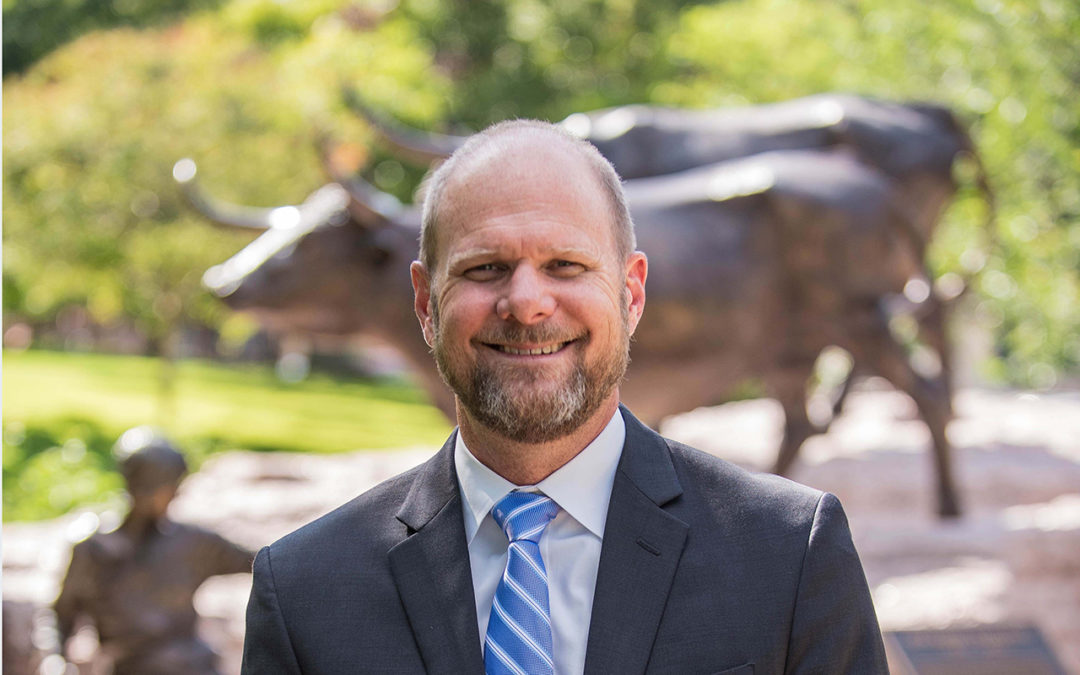Texas public schools place a priority on creating and sustaining quality STEM programs, so the opportunities available to students these days are astounding. Our students compete in robotics and cyber security, design and build rockets, clone cattle, make discoveries in labs, and serve as interns at scientific research institutes. These kinds of experiences were not available when I was a student.
We know that quality applicants for STEM jobs are in high demand worldwide, and part of our call is to help students be prepared for them. However, this is a daunting task due to the sheer breadth and ever-changing landscape of science, technology, engineering and math. Many of the careers our children will pursue do not yet exist. How can we best support quality STEM experiences in an ever-changing environment, especially when state funding for public education is very limited?
The good news is that administrators and teachers prove time and again that they can overcome such challenges. Rather than focusing on what they can’t provide due to limited resources, they focus on what they can control. Providing a program for every STEM career would be an impossible task, so instead, our schools work to foster creativity, collaboration, critical thinking, problem-solving and communication skills through engaging STEM experiences to inspire learning for life, regardless of course offerings.
Rather than focusing on preparing students for a one-size-fits-all standardized test that, by its very nature, disincentivizes the characteristics we should encourage and diminishes both the love of learning and the joy of teaching, many educators are customizing and personalizing the learning experience as much as possible based on student interests and strengths. This is the true calling of educators, and it’s key because, as important as STEM education is to the future, many students’ strengths lie elsewhere, such as in the arts, humanities, and leadership. All students can benefit from personalized learning.
We celebrate educators and schools that create relevant, challenging learning experiences in STEM, despite the challenges of limited funding and the overemphasis of standardized tests. These types of quality educational experiences can have a tremendous impact on the trajectory of students’ lives, whether they ultimately choose careers in STEM or in other fields.
-TASA Executive Director Kevin Brown, Ed.D.
READ MORE POSTS


